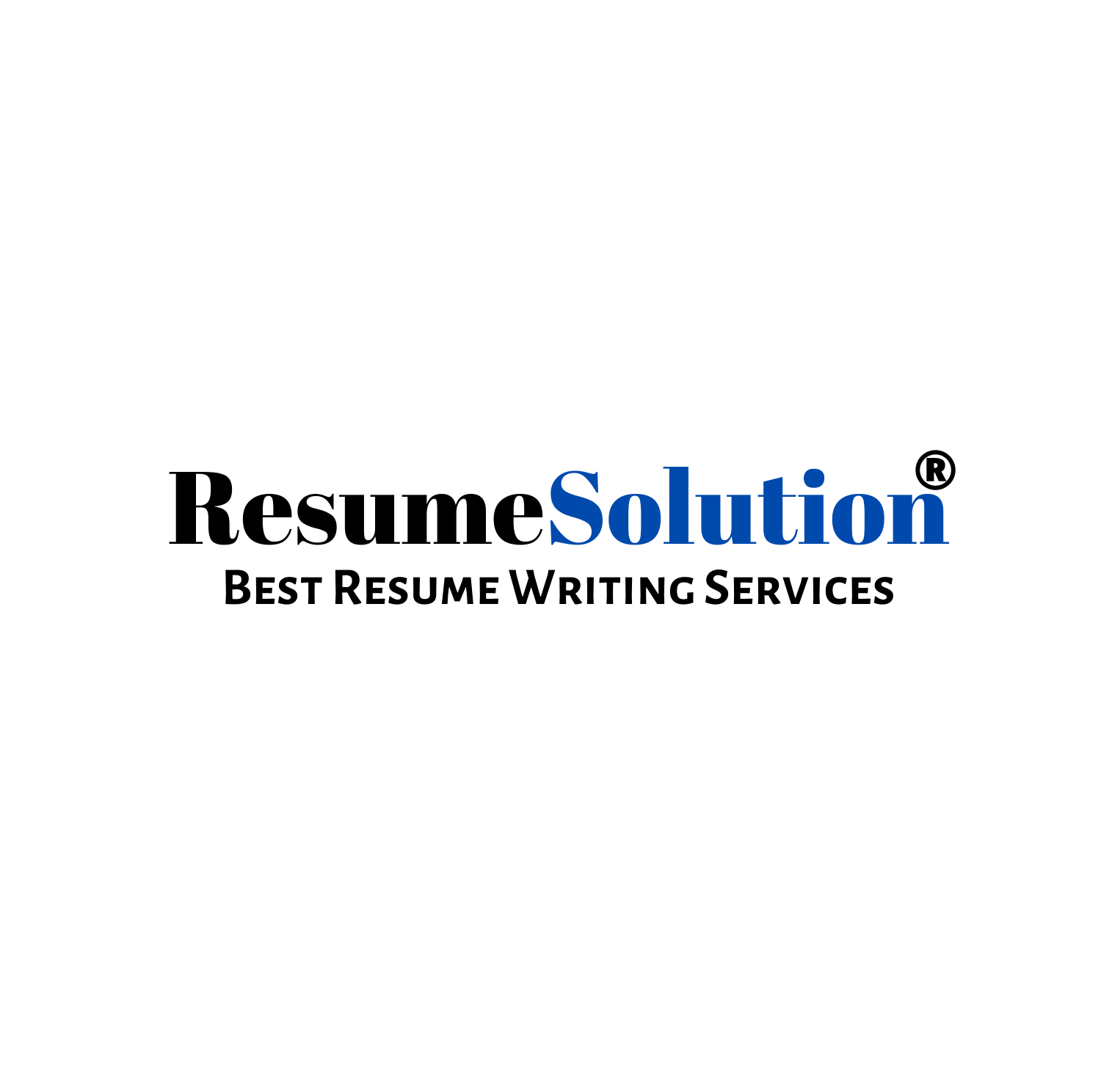Resume writing tips for changing careers
You may choose to follow a different career path at some point in the future to better suit your interests and skill set as they have evolved. A different field might also provide superior advantages, such as more chances for promotion or a better work-life balance. Once you’ve made this choice, you’ll probably need to revise your resume to be a strong applicant for positions.
Professional change
This article will discuss how to update your resume for a job change or career change, even if you have little prior experience in the new industry. In the midst of a professional change, use different strategies to update your resume.
Since it enables you to emphasize your transferable talents above your experience, the combo resume style is perfect for someone switching jobs. You may not yet have much or any traditional job experience in the new profession, which is the biggest issue in changing careers.
The career change resume combines the functional and chronological forms, giving priority to the accomplishments and skills sections before moving on to the chronological job experience.
The combination style is advantageous if you’re changing jobs since it turns the focus away from work experience and emphasizes the talents you have acquired via continuous education, internships, or volunteer work—even if those skills were acquired in a different field.
When a potential employer is reading many resumes at once, an objective can help by concisely summarizing your qualifications. Directly after your contact information, you should add the purpose or summary section.
Credentials and abilities
Add only the credentials and abilities that are applicable to the new job you intend to pursue in this area. In this section, be succinct yet precise when describing these talents. In the abilities section, you will have the chance to go through them in greater depth.
Examine the job description attentively and note any keywords the business has used to define their ideal applicant in order to decide which talents to add. Include any credentials or transferable expertise from the sector in this area. The employer will pay attention to this since it is pertinent to their requirements.
Your purpose should be followed immediately by the skills section. You will elaborate on the talents you briefly highlighted in the overview in the abilities section, which is frequently your most visible portion. These should be abilities related to the job description, much like in the overview section.
Hard and soft skills
The talents can be both hard and soft, but it’s crucial to give priority to any hard skills that are necessary or desirable. Hard skills are specialized, technically-based knowledge that is simple to teach. Hard skills are often learned in a more structured environment, such as at school or in a training programme. By including them in your talents section and explaining how you’re acquiring them, you may demonstrate to a potential employer that you are creating the skill set you’ll need.
This enables you to list the technical abilities required for the position on your CV, improving your chances of getting past the applicant tracking system (ATS).
You can demonstrate to the company that you are actively working towards having the skill set of someone with expertise in the field, even if you don’t yet have it.
Soft skills may be developed in a number of contexts and are not quantitative. They are frequently linked to traits that contribute to interpersonal and personal success, such as organization, work ethic, drive, and the capacity to handle stress. Soft skills play a crucial role in a person’s ability to succeed on a team; therefore, it’s necessary to include a couple in your talent area. These also have a higher likelihood of becoming transferrable talents. These should be abilities that would be crucial in carrying out the job description, even if they are not expressly specified in it.
Update your resume
Rewriting your schooling part can be beneficial. Even if your college major and minor are more closely related to your initial field, you may have taken a number of classes that aren’t related to either. You might include any of these lessons in this area that are pertinent to your new job.
Critical thinking, research, writing, collaboration, and project development are a few examples of these abilities. After stating your schooling, list your key, potentially transferable talents in a few short bullet points.
Career Change Resume Sample
Name: David Nicholas
Contact Information:
- Email: davidnc@email.com
- Phone: (123) 555-5555
Summary:
Skilled marketing professional with over 5 years of experience in digital marketing and customer acquisition. Seeking a career change to the field of project management, with a focus on process improvement and team collaboration. Possess strong communication and analytical skills, as well as the ability to adapt to new environments and challenges.
Education:
Bachelor of Arts in Marketing, ABC University, 2016-2020
Work Experience:
Marketing Manager, ABC Company Name, 2019-2023
-Developed and executed digital marketing strategies, resulting in a 30% increase in website traffic and a 20% increase in customer acquisition.
-Conducted market research and analyzed data to identify customer behavior trends and effectively target new customer segments.
-Collaborated with cross-functional teams, including designers and developers, to create engaging content and optimize website user experience.
-Managed social media and email marketing campaigns, resulting in a 15% increase in social media following and a 25% increase in email open rates.
Marketing Coordinator, DEF Company, 2017-2019
-Supported the development and execution of integrated marketing campaigns for various product lines, resulting in a 10% increase in product sales.
-Coordinated the production of marketing materials, including print and digital advertisements, brochures, and product catalogs.
-Maintained relationships with external vendors, such as graphic designers and photographers, to ensure timely and high-quality project delivery.
-Monitored and analyzed campaign performance metrics to inform future marketing strategies.
Skills:
-Project management
-Process improvement
-Collaboration and teamwork
-Strong communication skills
-Analytical thinking
-Market research and analysis
-Digital marketing (SEO, SEM, social media, email marketing, content marketing)
-Proficient in Microsoft Office and Google Suite
Certifications:
-Project Management Professional (PMP) Certification, Project Management Institute, 202
Verdict
Keep in mind that only courses that were completed within the previous five years should be highlighted. Any further back, and they run the danger of losing the employer’s attention. It takes a lot of trust to switch occupations and enter uncharted territory. You trade convenience and familiarity for a better life by doing it.







